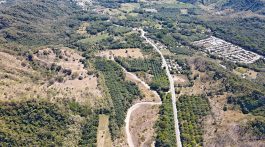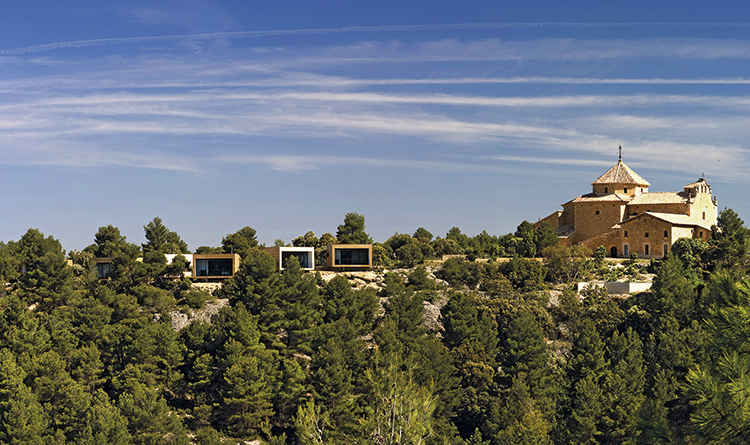We begin by marking an historic anniversary: 50 years since the founding of Ineco (1968-2018), half a century during which we are proud to have had the opportunity to contribute to the structuring of the country through our involvement in the design and construction of major road and rail routes, port and airport development, urban transport and intermodal transport in Spain as a whole. It has unquestionably been a decisive period for the history of Spain and its infrastructure, and also for our growth and consolidation as a high-performance, flexible and technologically advanced public works engineering firm, which enables us to act as a trusted consultant in the eyes of our shareholders and as a valuable partner in the foreign market.
In addition to this celebration, I would also like to add the positive close to the year, promising portfolio prospects and our eager anticipation to support two of the Ministry of Public Works’ major projects this year, namely the Innovation Plan and the Internationalisation Plan, programmes that will begin in February and will certainly provide a great boost to our technological and innovative capacity and open up new opportunities for collaboration with Spanish partners in order to continue with our expansion abroad. Both initiatives have enabled us to join forces and work together with other companies and institutions in the Public Works Group, and they will also soon be joined by the Sustainability Plan.
The 50 years since the founding of Ineco have unquestionably been a decisive period for the history of Spain and its infrastructure
As unity makes strength, this issue also celebrates the connection of the high-speed lines in the north of Spain with those in the south and east, our work with Acciona to improve Costa Rica’s infrastructure and the joint effort of all of Europe to give a final push for the implementation of BIM.
We thank Tomás Elejalde, general manager of Metro de Medellín, for giving us a full interview. And lastly, I would like to mention the exemplary efforts of our technical staff to make the advancement of high-speed rail a reality, as our readers will be able to see in the reports on the Central High-Speed Line in Madrid, the extension of the Basque Y in Guipúzcoa and the traffic control works on the line between Makkah and Madinah, a project that has successfully passed the first test of the entire 450 kilometres.






